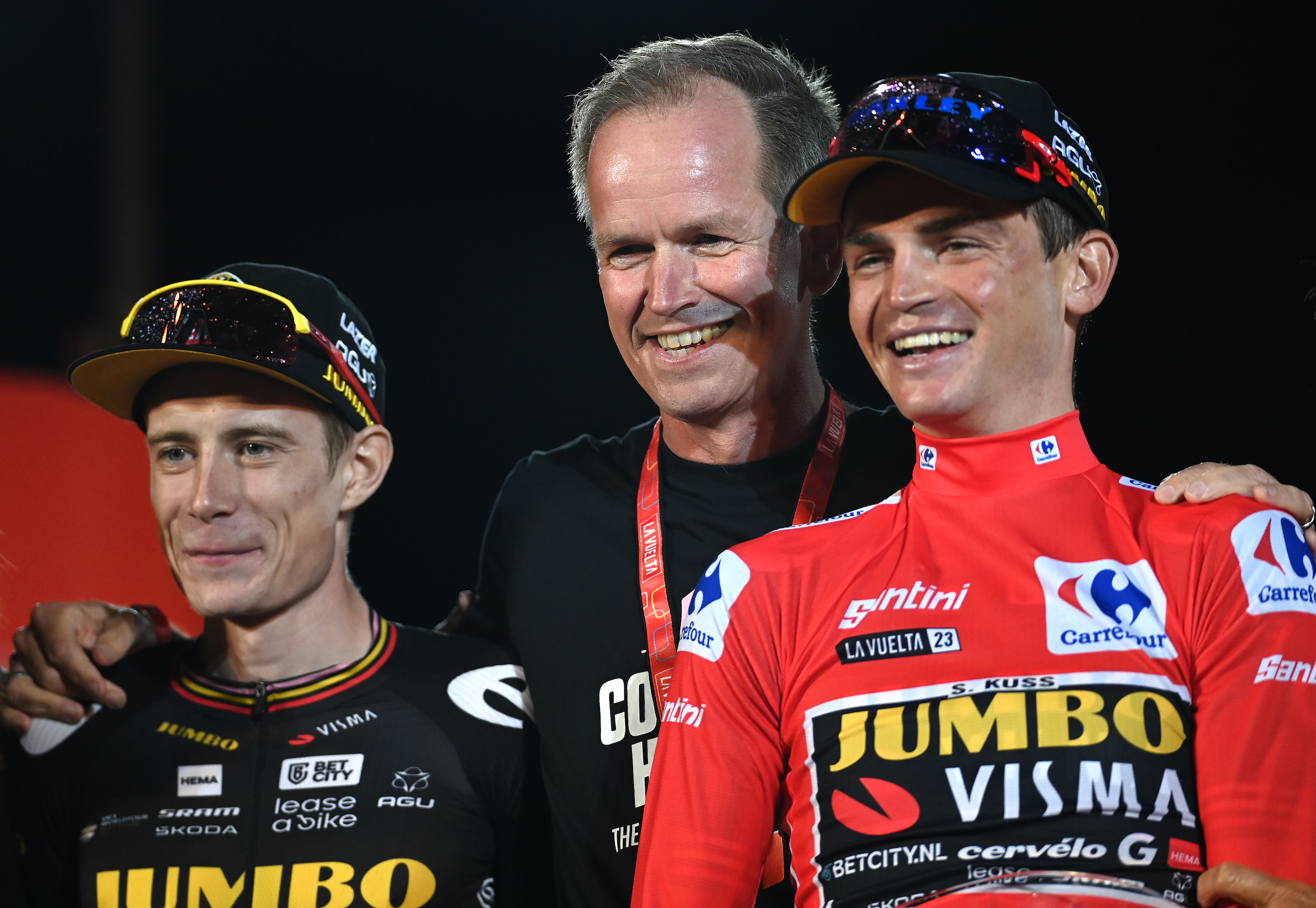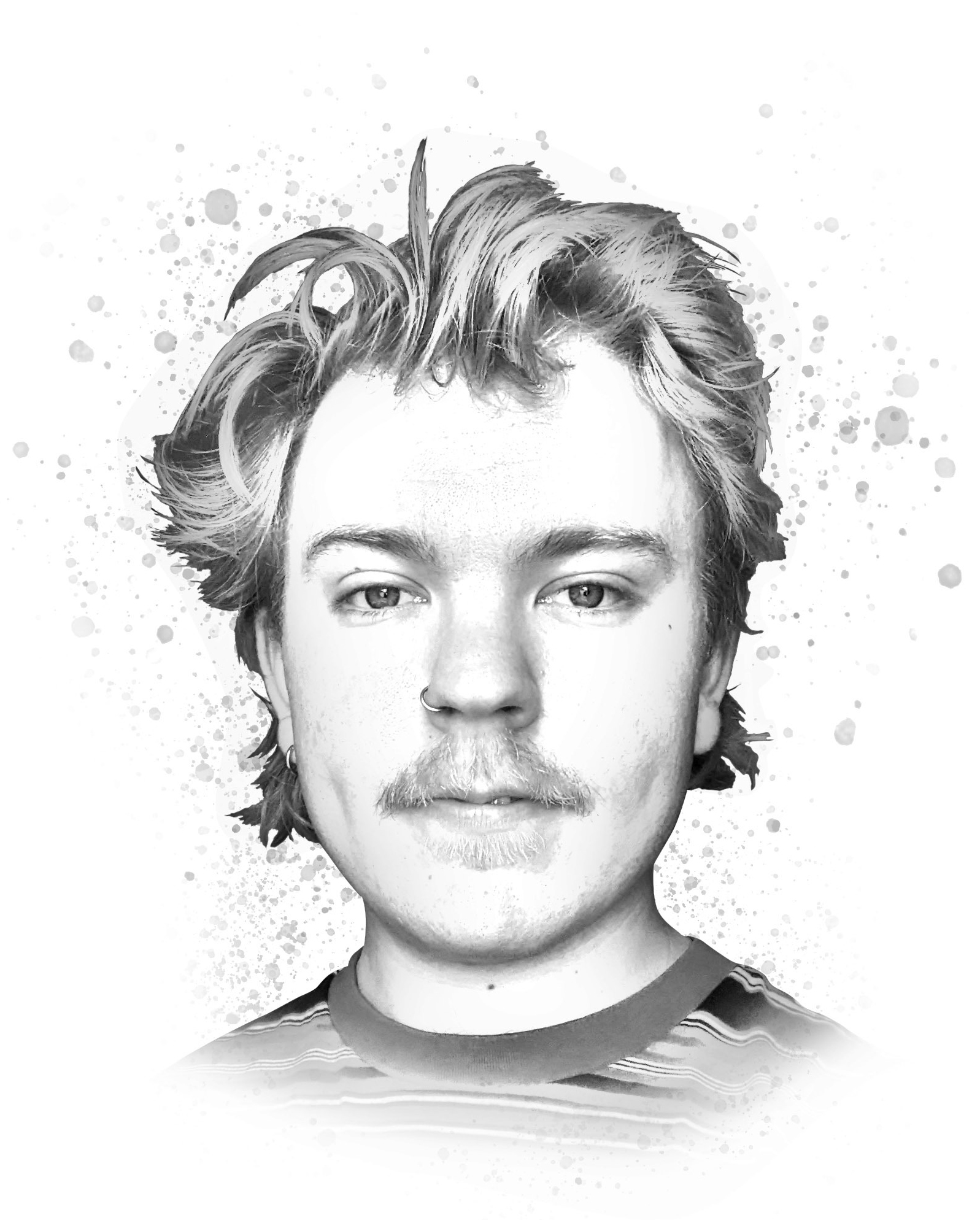Cycling’s calendar needs reform, but will copying Formula One provide change?
ONE Cycling and Richard Plugge want to revolutionise the sport, but their path to change hinges on many willing players



News editor at Cycling Weekly, Adam brings his weekly opinion on the goings on at the upper echelons of our sport.
This piece is part of The Leadout, the offering of newsletters from Cycling Weekly and Cyclingnews. To get this in your inbox, subscribe here.
Good morning, and welcome back to The Leadout, specifically your regular weekly dose of analysis and opinion from me. As ever, do encourage your friends - and foes - to sign up, and if you have something to add, or quibble, email me - adam.becket@futurenet.com. I really enjoyed hearing from so many of you about your cycling goals for 2024, and your antipathy to the Festive 500. It’s good to know when I’ve hit a productive seam.
The year 1848 has gone down in history as the year of revolutions. There were uprisings across Europe, from France to modern-day Romania, via what was then the Kingdom of the Two Sicilies. Popular revolutions took place across Europe, and yet by the end of 1849, much of Europe was not changed as much as some wanted. As Christopher Clark, the author of a new history of that year, Revolutionary Spring, describes the actions that year - “churn and change without a settled direction of travel”.
Revolution is in the air in the world of professional cycling, and not just because I’m reading Clark’s book. Over the last few months, a few details have emerged about Visma-Lease A Bike boss Richard Plugge’s plans about the future of cycling, which come under ONE Cycling.
The concept is not a particularly new one: a proposed new company would bring cycling’s different stakeholders under one roof - the biggest teams, the sport’s governing body, the UCI, and race organisers, to create a centralised revenue stream. There have been rumblings that investment could come from venture capital, like CVC, or from sovereign wealth funds, like Saudi Arabia’s involvement in LIV Golf, or Newcastle United in football.
However, it is always interesting when someone seeks to upset the establishment of cycling, especially someone as powerful as Plugge. The original reporting had other teams - not just Visma-Lease A Bike - involved, the likes of Ineos Grenadiers, EF Education-EasyPost and Lidl-Trek, to add to the power of the mob. They have yet to be stopped with a whiff of grapeshot.
It was supposed to be on hold, but Plugge told Belgian publication De Tijd more about his proposals to change the sport, including a “better defined” race calendar that fans can better understand, like Formula 1. He said cycling did not “capitalise on its potential enough”, and that it needed to become a “24-hour media factory”.
“We need to have a clear calendar with a limited number of races in which the best riders compete against each other,” he said.
Get The Leadout Newsletter
The latest race content, interviews, features, reviews and expert buying guides, direct to your inbox!
Cycling’s calendar does need reform, that much is clear. It is also hard to think of another sport where the teams receive so little for taking part; imagine football if broadcast rights weren’t shared out, or if teams did not receive any of the money from gate receipts. As it is, it is a sport that somehow keeps rolling on, despite being seemingly unsustainable. Not that this is an argument against change, but it is a reassurance against the idea that the sport is set to suddenly collapse. It hasn’t yet.
Beyond the idea of cycling’s calendar being better finessed, and a sport with a better media ecosystem, it is hard to parse Plugge’s ideas for the future of the sport. It is, of course, possible that he’s keeping some of his ideas back, but just saying ‘more circuit races’ and ‘Formula 1’ is hardly the promised revolution.
On X, Uno-X Mobility’s boss Jens Haugland sketched out a more radical future, involving a calendar which only 22 teams access based on merit yearly, along with salary and budget caps, and better organised prize money.
All of this, however, might hit an ASO and Tour de France-shaped stumbling block. The biggest race organisers have reportedly been interested in the scheme, but without their involvement, the whole thing is toast. Pro cycling is nothing without the Tour, and ASO knows it. If big race organisers don’t get on board, then the whole thing is just a rebadged Hammer Series, and we all know how that went down.
The revolution is still in its early stages. We are far from writing its obituary, and it might turn out to be a slow burner, rather than those bright flashes of 1848. Red Bull’s entry into cycling with Bora-Hansgrohe is another twist, and there might be more to come. Will “the narrative burst its banks”, as Clark puts it in his book? Only time will tell.
This piece is part of The Leadout, the offering of newsletters from Cycling Weekly and Cyclingnews. To get this in your inbox, subscribe here.

Thank you for reading 20 articles this month* Join now for unlimited access
Enjoy your first month for just £1 / $1 / €1
*Read 5 free articles per month without a subscription

Join now for unlimited access
Try first month for just £1 / $1 / €1

Adam is Cycling Weekly’s news editor – his greatest love is road racing but as long as he is cycling, he's happy. Before joining CW in 2021 he spent two years writing for Procycling. He's usually out and about on the roads of Bristol and its surrounds.
Before cycling took over his professional life, he covered ecclesiastical matters at the world’s largest Anglican newspaper and politics at Business Insider. Don't ask how that is related to riding bikes.
-
 'It took everything' - Puck Pieterse outclimbs Demi Vollering to win La Flèche Wallonne
'It took everything' - Puck Pieterse outclimbs Demi Vollering to win La Flèche WallonneDutch 22-year-old shows Classics pedigree with first one-day victory
By Tom Davidson
-
 Tadej Pogačar flies to dominant victory at La Flèche Wallonne
Tadej Pogačar flies to dominant victory at La Flèche WallonneSlovenian takes second win at Belgian classic ahead of Kévin Vauquelin and Tom Pidcock
By Tom Thewlis